Priority Research Clusters
Research and Scholarship (R&S) at Tufts is about breaking down walls — between fields, between faculty and students, between what is and what could be. Tufts’ world-class researchers push boundaries and ask questions that will take our knowledge as a society to the next level. Innovation and interdisciplinary collaboration are the foundations of discovery at Tufts, fueled by more than 1700 faculty. With research experience and strengths ranging from health to humanities, technology and the environment, population and food challenges, it’s clear this work produces knowledge and understanding and impacts the greater good on a global scale.
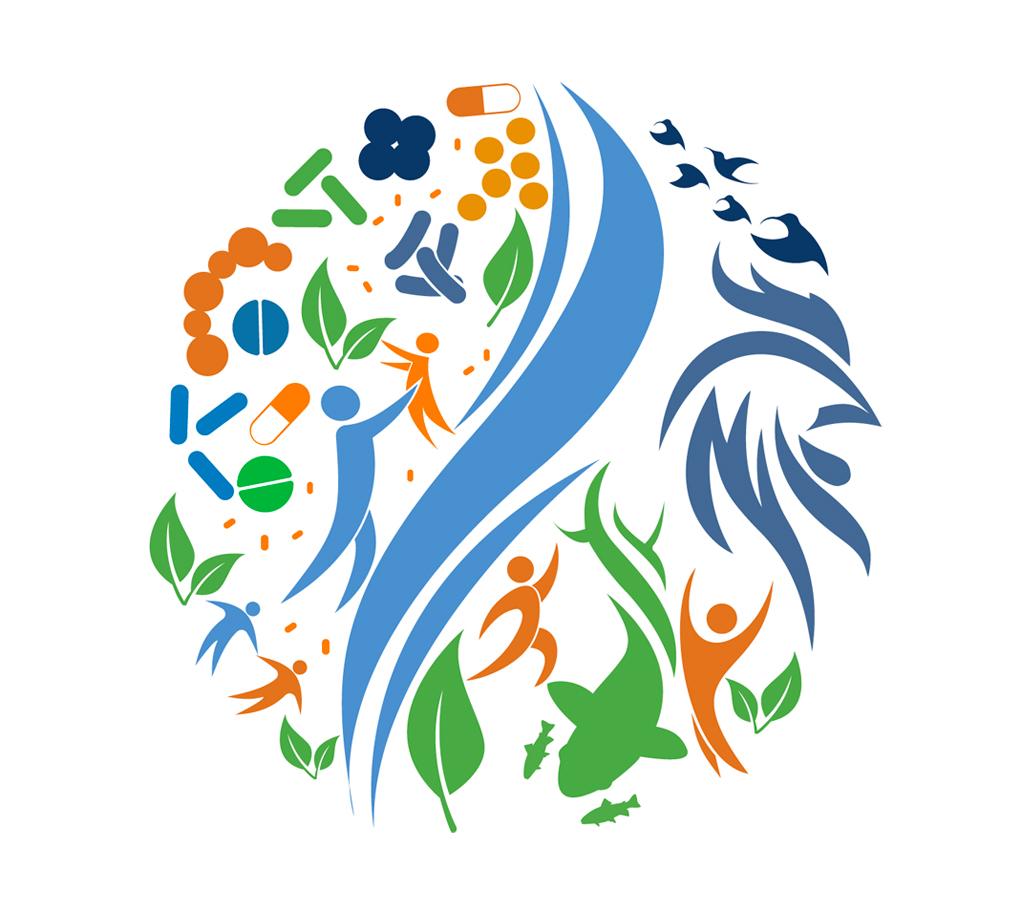
Center for Integrated Management of Antimicrobial Resistance (CIMAR)
The Tufts Center for Integrated Management of Antimicrobial Resistance (CIMAR) is a collaborative and cross-disciplinary initiative with a mission to deliver innovative solutions to combat AMR. Our programs encompass research, policy, and education.
Identified during the Research & Scholarship Strategic Planning process
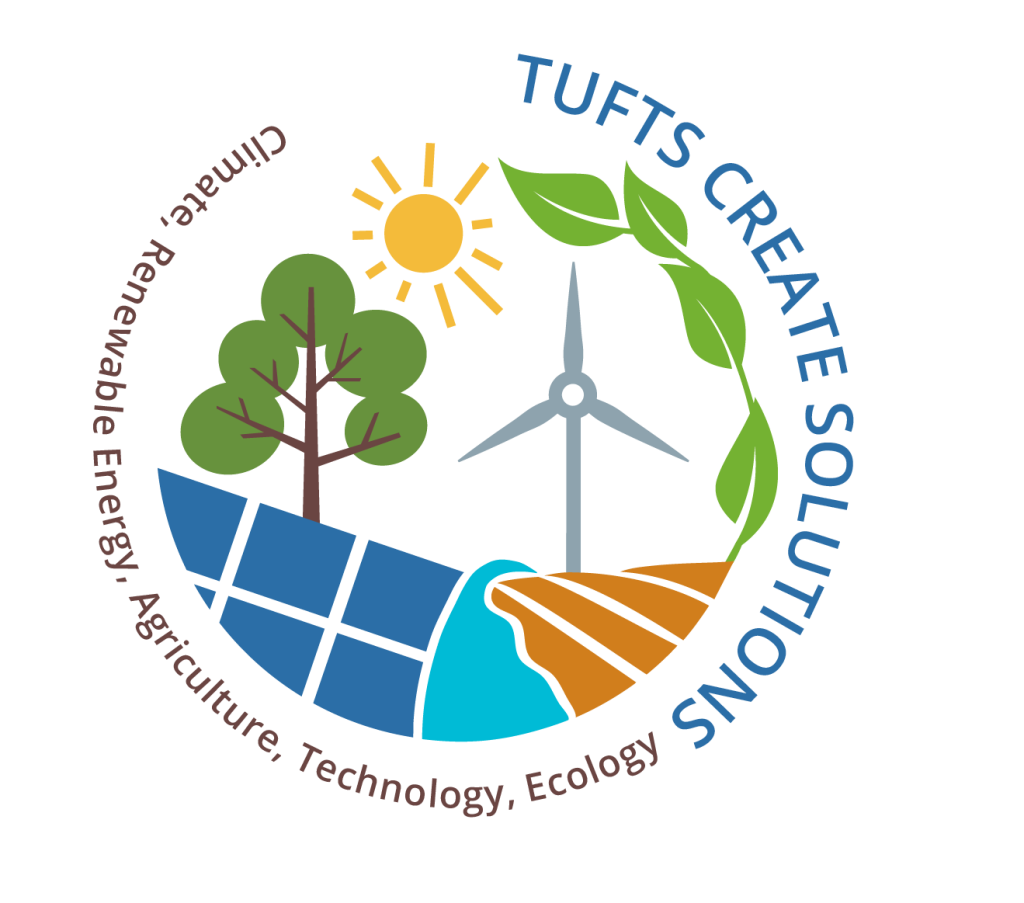
Climate, Renewable Energy, Agriculture, Technology, and Ecology (CREATE) Solutions
To make the large-scale changes needed to address global climate change, the Climate & Energy Priority Area Working Group is exploring collaborations across traditional disciplinary boundaries. These include programs that bridge students across schools at all levels and build on Tufts’ strong research programs in the policy, engineering, and economics arenas, including projects on offshore wind energy, grid integration, and domestic and international climate policy.
Identified during the Research & Scholarship Strategic Planning process
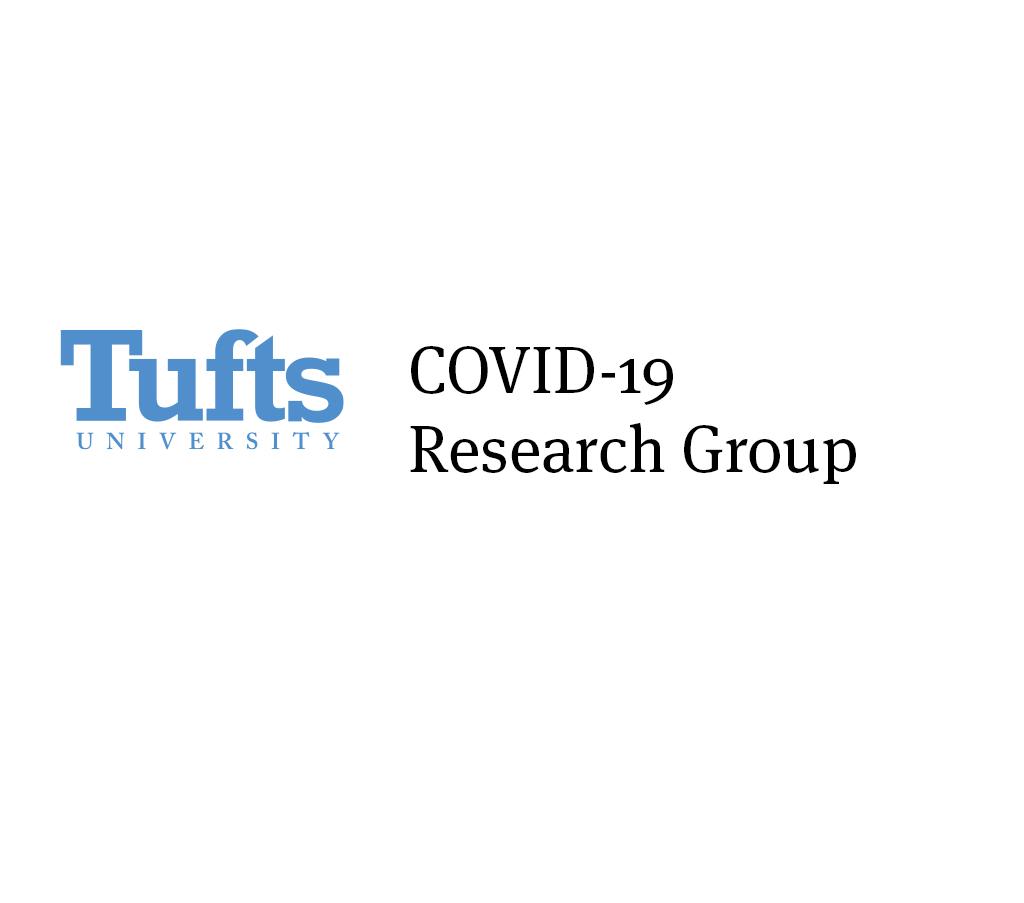
COVID-19 Research Group
Transdisciplinary in approach, the Tufts COVID-19 research interests take on the complex matrix of issues emerging from the spread of the virus. The unique interconnectedness of the different schools within Tufts allows this research to actively draw on and contribute leading expertise in diverse fields, including biomedical, clinical, communications, economics, environmental, policy, public health, and sociological perspectives. The research community is particularly interested in incorporating issues of equity in the local and global context to ensure meaningful impact on the multifactorial aspects of pandemics.
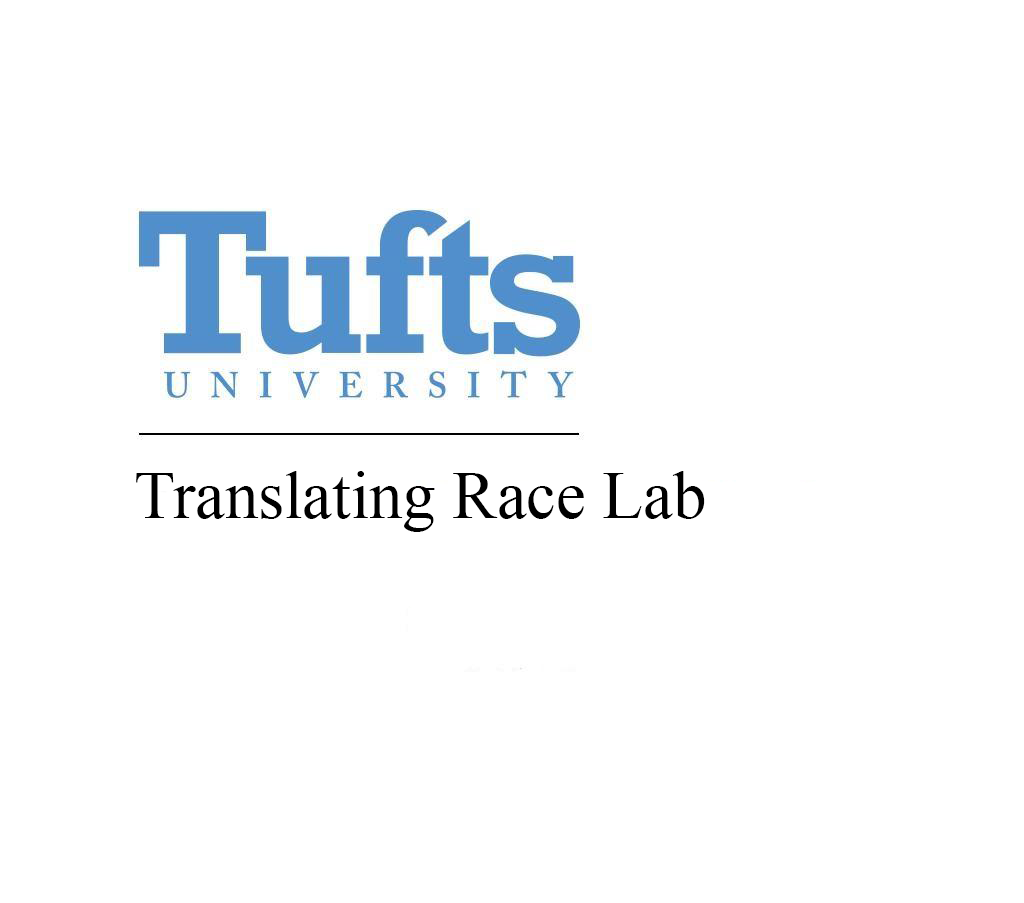
Translating Race Lab
The Translating Race Lab is an experimental co-learning interdisciplinary space that takes the broad category of race as its central concern, and explores the meanings of race, and its implications for research and education across different disciplinary knowledge systems.
Identified during the Research & Scholarship Strategic Planning process

Equity in Health, Wealth & Civic Engagement
Research on equity that serves the public must be interdisciplinary, breaking down barriers between economics and the other social sciences, between empirical research and philosophical analysis of justice, between theory and applications, and between the university and communities.
Identified during the Research & Scholarship Strategic Planning process

Healthy Aging at Tufts
Tufts has a substantial long-standing existing footprint in aging research. Faculty and students from Tufts' many schools (School of Medicine, HNRCA, Friedman School of Nutrition Science and Policy, Cummings School of Veterinary Medicine, Medical School, Dental School, Arts and Sciences, Engineering, Fletcher School of International Affairs, and Tisch College of Civic Life) would all benefit from an expanded aging initiative at Tufts. Activities that will innovate, expand and impact the existing aging focus at Tufts.
Identified during the Research & Scholarship Strategic Planning process
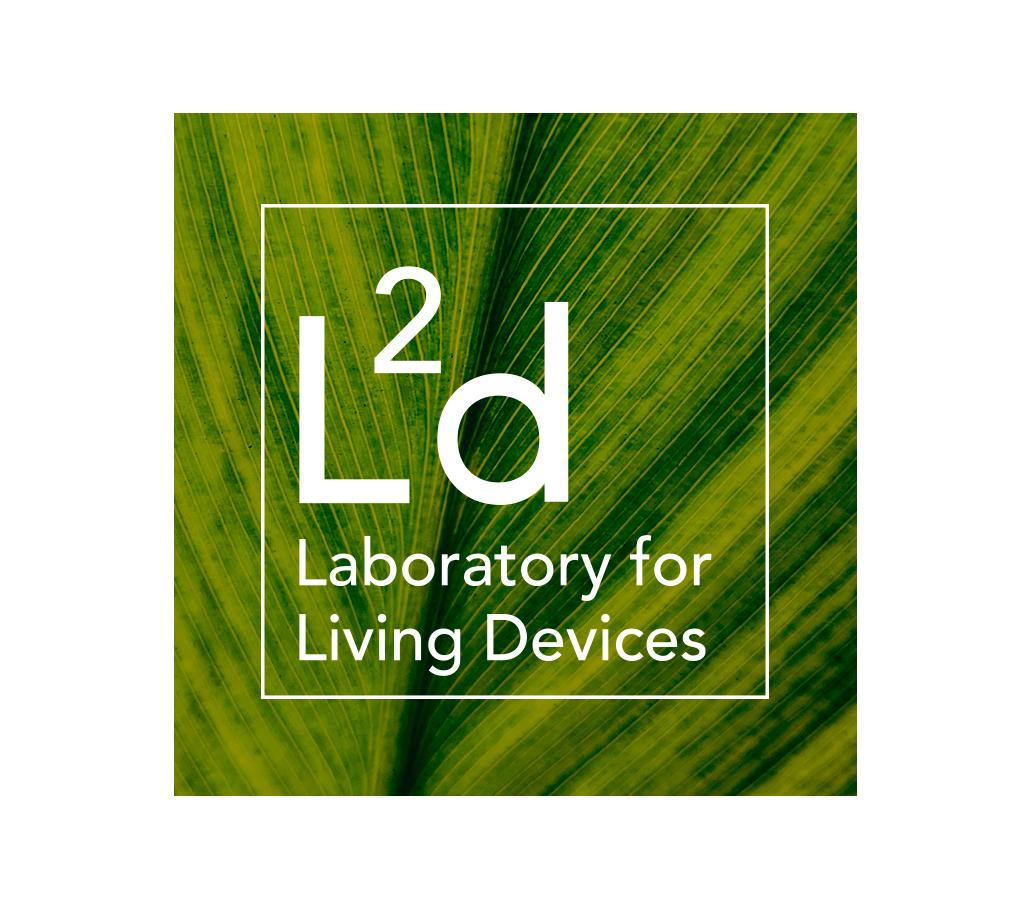
Laboratory for Living Devices/ L2d
Technology is an integral part of our contemporary, connected world: The separation between the human and the machine is shrinking more and more, social media dominates human interaction, and devices are becoming more compact, more integrated with living tissues and the environment, and more capable of complex computation. New materials are bringing computing, sensing, and imaging to the skin and the insides of humans. Data are pervasive and rich in emergent information of diagnostic, social, and logistical importance that allows us to see the invisible, access and transfer information globally, and connect like we never have before. The internet of things and the internet of people are becoming one.
Identified during the Research & Scholarship Strategic Planning process

Mental Health Research Group Initiative
This interdisciplinary group was formed to address what appear to be gaps in the knowledge base, especially from a biological perspective. To continue the exploration of this and other possible models, 2 groups were formed: Epidemiology/Population Health and Transgenerational Model Systems. The goal of the research group is to gain understanding on the etiology of rising rates of mental health and substance use disorders, with a focus on the potential role of different factors that may be malleable with intervention.
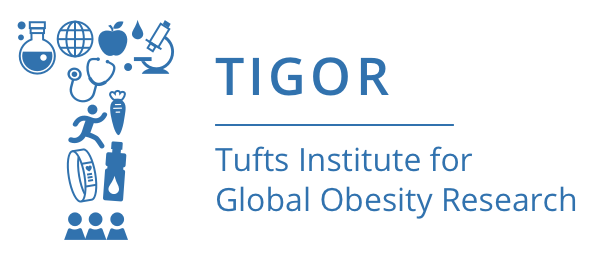
Tufts Institute for Global Obesity Research (TIGOR)
Obesity presents an unprecedented global crisis. It is not only a cause of premature death and serious health problems, including diabetes, cardiovascular disease, and stroke, but also an underlying driver of an even broader set of societal problems such as high rates of disability, inefficiency and absenteeism in the workforce, rising health care costs, stigmatization, and bullying. At TIGOR, we aspire to be a leading collaborative for global obesity research, publish research in the highest impact journals, attract new faculty, train students and fellows, and integrate civic and real-world engagement. TIGOR faculty conduct research on a broad range of topics within the areas of basic science; clinical studies and behavior change; communities and interventions; technology, artificial intelligence and modeling; policy and econometrics; and epidemiology and population studies.
Identified during the Research & Scholarship Strategic Planning process

Tufts Center for Cellular Agriculture (TUCCA)
By leveraging Tufts University’s interdisciplinary expertise in biomedical engineering, biology, chemistry, nutrition, food safety, consumer acceptance, socio-economic impact, veterinary medicine, medicine, lifecycle analysis, we will build foundational technologies and foster consumer and government understanding and trust in novel and alternative agricultural products. TUCCA will: develop and characterize novel technologies such as bioreactors, input materials, production processes, and cell lines for cellular agriculture and cultured meat production; enhance testing and validation of new technologies and products through industrial partnerships; develop standards for safety and nutrition of products and technologies; evaluate the impact of these technologies on consumers and the environment; reduce the cost of cellular agriculture.